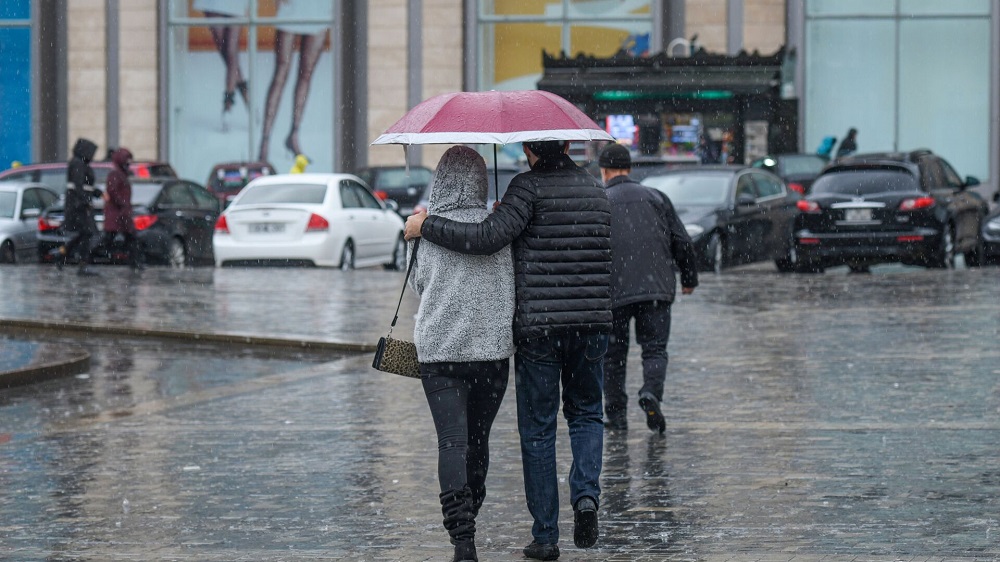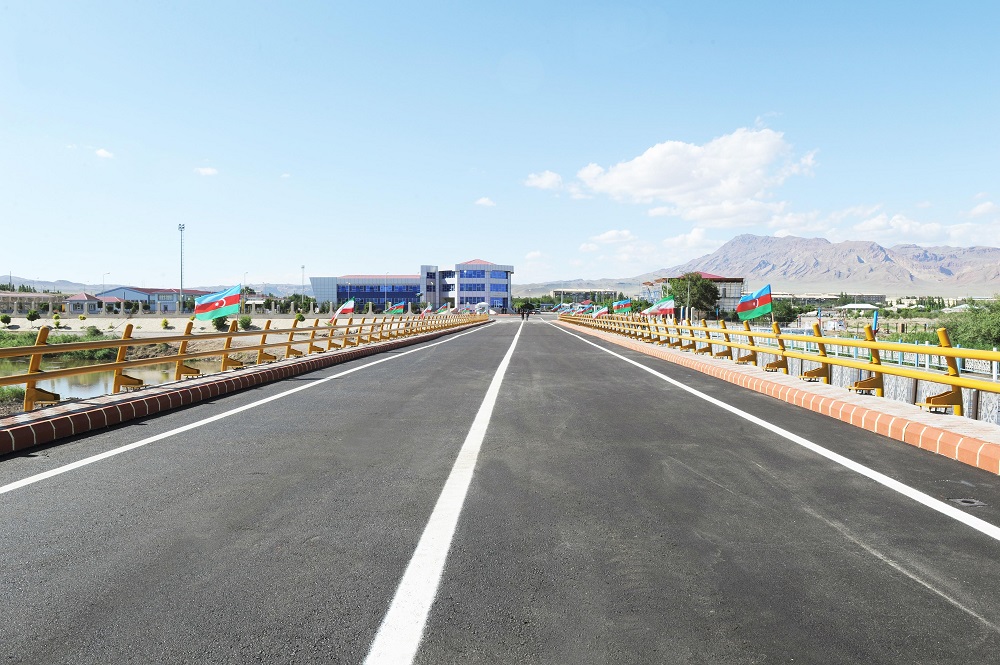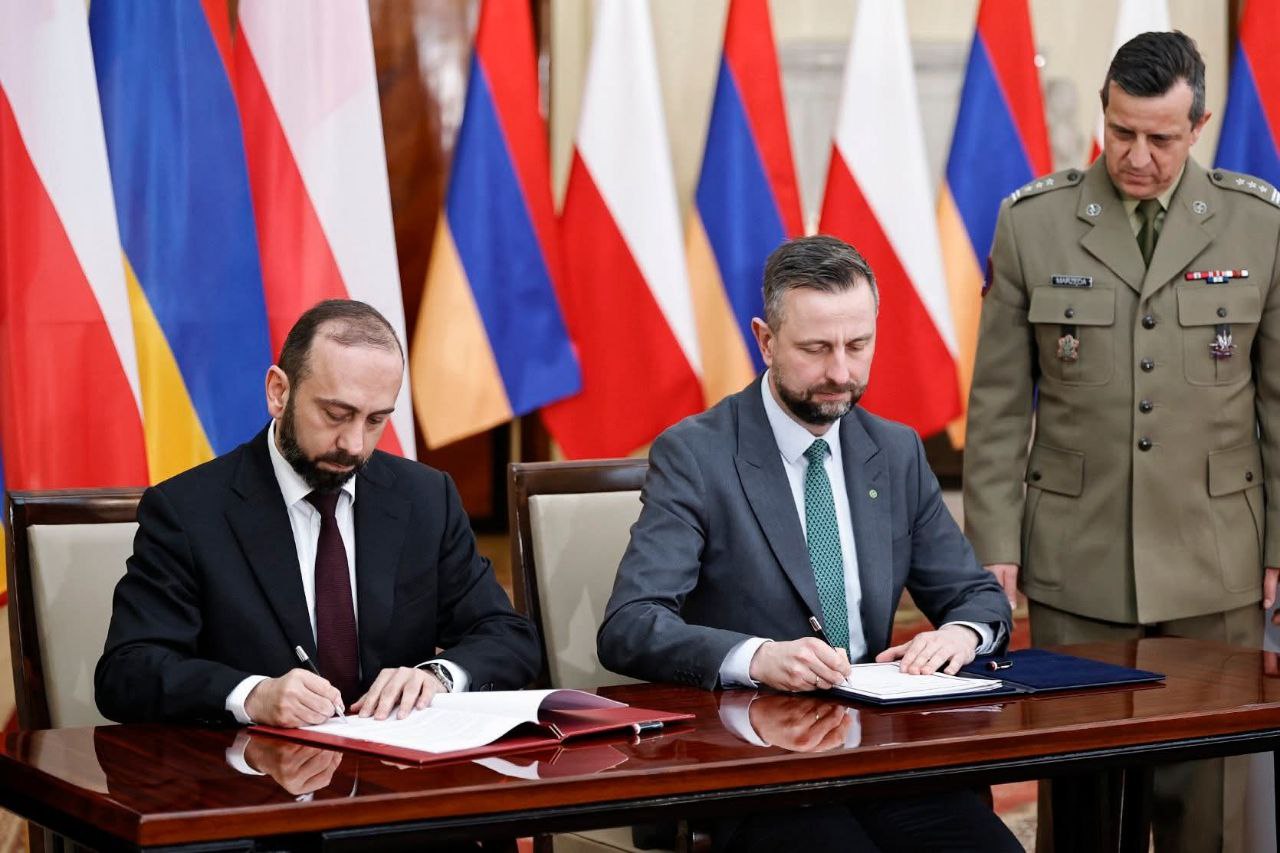Family separated by coronavirus. When will the border between Azerbaijan and Georgia open?
In March 2020, by decision of the Cabinet of Ministers of Azerbaijan, the land borders of the country were closed due to the coronavirus pandemic. Although the WHO has already canceled the pandemic, the Azerbaijani authorities are not going to abolish the special quarantine regime, thanks to which the borders have remained closed for three and a half years. This creates big problems for the residents of the border villages of the country. Residents of the village of Ikindzhi Shykhly in the Gazakh region ask themselves: “When will the border between Azerbaijan and Georgia open?”
- A journalist covering events in Soyudlu spoke about torture at the police station
- Former head of Ivanishvili fund suspected of stealing millions in cryptocurrencies
- Russian military detains six Georgian citizens in the Georgian-Ossetian conflict zone
Three and a half years ago, everything was fine in this village: the shops traded briskly, it was impossible to find an empty place in the cafe. Taxi drivers drove their passengers all day.
There were long lines at the border checkpoint “Synyg Korpu” on the border between Azerbaijan and Georgia.
For the past three and a half years, the borders have been closed due to the coronavirus pandemic. More precisely, they were closed due to infection, but they are not going to open. Neither border guards nor local residents have any idea when the borders will open.
According to the latest decision of the Cabinet of Ministers of Azerbaijan, the special quarantine regime in the country has been extended until October 1, 2023.
Due to continued uncertainty, entrepreneurs have closed many of their retail facilities. And in most cases, taxi drivers who are left without customers become customers of the cafe, writes MeydanTV.
Problems of residents in a border village
According to residents of the village of Ikindzhi Shykhly, located in the Gazakh region on the border with Georgia, life has become worse after the closure of the borders. Mammad Nuriev, 63, complains about the lack of jobs. According to him, before the majority of the population of the village traveled to Georgia for food, hygiene products, tobacco and alcoholic beverages, and sold these goods in Azerbaijan. But for three and a half years now, people have lost their source of income due to the closure of the border.
“Entrance to Azerbaijan from Georgia starts from our village. There are no plants and factories here for people to work at these enterprises and earn money. The villagers are engaged in farming and animal husbandry. We all lived at the expense of the Red Bridge, our relatives are on the other side of the border, all the difficulties are connected with the border, it is no longer possible to walk through it.
The border is closed, and it became hard for us to live. When it was open, everyone, from a worker to a teacher, bought water and lemonade there in order to hold weddings and commemorations in their yard. It was close, everything you need was purchased there. And from here they brought chicken, their products, they sold it in Georgia.
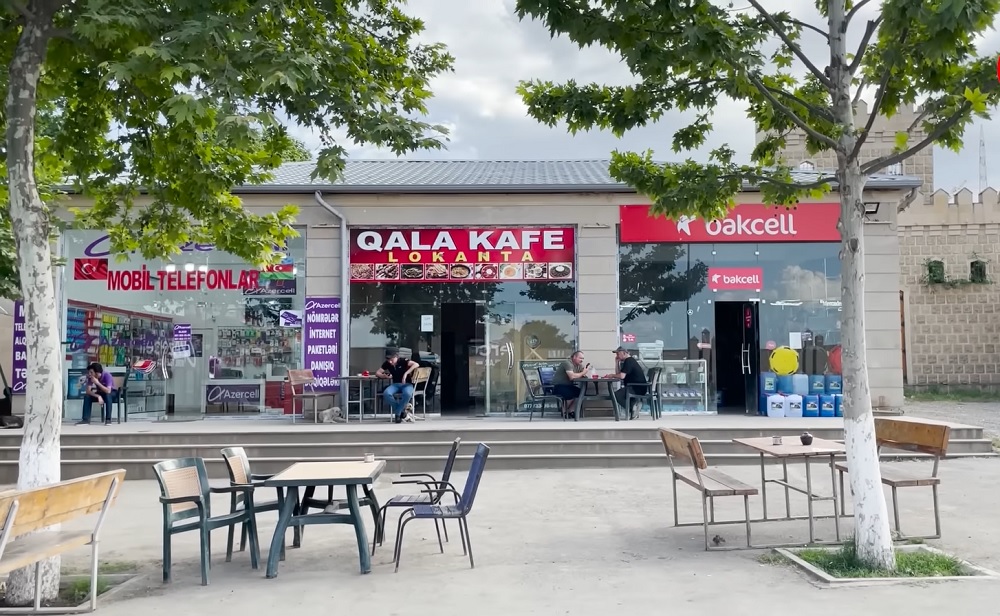
It’s very hard here right now. It is 515 kilometers from here to Baku, and it is unprofitable to bring your products there to sell. From the border all the way to Gazakh, people began to live worse,” says Mammad Nuriyev.
Elchin Hasanov, a resident of the village of Birindzhi Shykhly, says that many locals shopped a month in advance in Georgia, saving their budget:
“From the border to Ganja itself, most people lived off trade with Georgia – they brought goods there, sold them, then bought everything they needed there, and returned. For example, they took oil, cigarettes there, sold it here and earned a little for a living. Now it’s gone. People are forced to take care of the household, livestock.”
Man couldn’t attend wife’s funeral
Eldar Rustamov lived in Baku for about 30 years. Some time ago, due to his interest in rural life, he moved to the village of Ikindzhi Shykhly. According to the man, until March 2020 he worked as a taxi driver and lived well at the expense of his work. He provided taxi services to those who crossed the border on the Red Bridge, bought some trifles in Georgia, which he also resold in Azerbaijan. The closure of the borders had a negative impact on his life:
“Before, there were many people crossing the border, everyone here lived at the expense of this border. Taxi drivers had no end to work. There were clients in Ganja, Barda. Now there is none.”
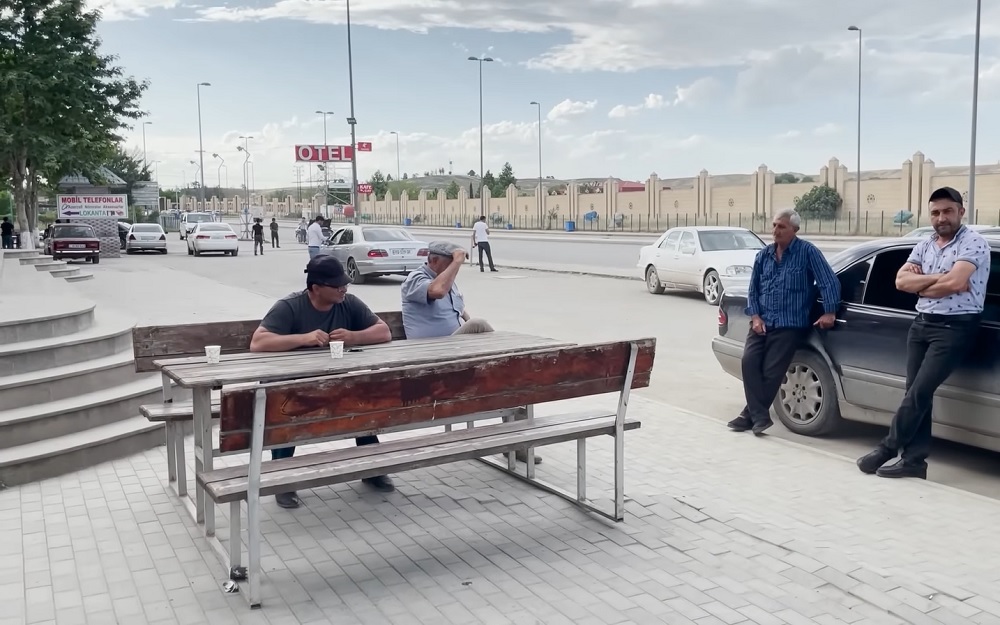
The closure of land borders has a negative impact on the residents of border villages, not only in the economic part. Many residents of these villages have relatives on the other side of the border. And for more than three years they have not been able to see their relatives.
Eldar Rustamov says that before the borders were closed, his father left for Rustavi. And could not return after the government decided to close the borders. According to the man, even when his mother died, neither his father nor relatives living in Georgia could come to the funeral.
“I come from the Georgian city of Rustavi, and the deceased mother comes from the village of Ikindzhi Shykhly. My father is now on the other side of the border, he cannot come, and I cannot go to him either. I don’t have such an opportunity, air tickets are too expensive. I have a family, children, and so it became difficult to support them. If the borders were opened, I would meet with my father.”
MP for partial opening of borders
At times, encouraging messages appear on social networks about a possible opening of borders. Sometimes members of the Azerbaijani parliament make statements stating that there is no reason to keep the borders closed.
Deputy Vahid Ahmadov believes that in order to improve the well-being of people, the border between Azerbaijan and Georgia could be opened:
“The pandemic in Azerbaijan is practically at zero level. I think that the borders on the one hand can be opened. For example, you can open the border between Azerbaijan and Georgia.
We need to let people in so that those who wish can go through the border. We receive a lot of inquiries about this. People have problems here and there. Due to family circumstances: some have a commemoration, a funeral. I believe that this border can be opened so that people do not face such problems. In the southern regions, on the border with Georgia, people traded across the border, now they found themselves in difficult conditions.”
The MP added that one of the reasons for closing the borders is the issue of the country’s security.










